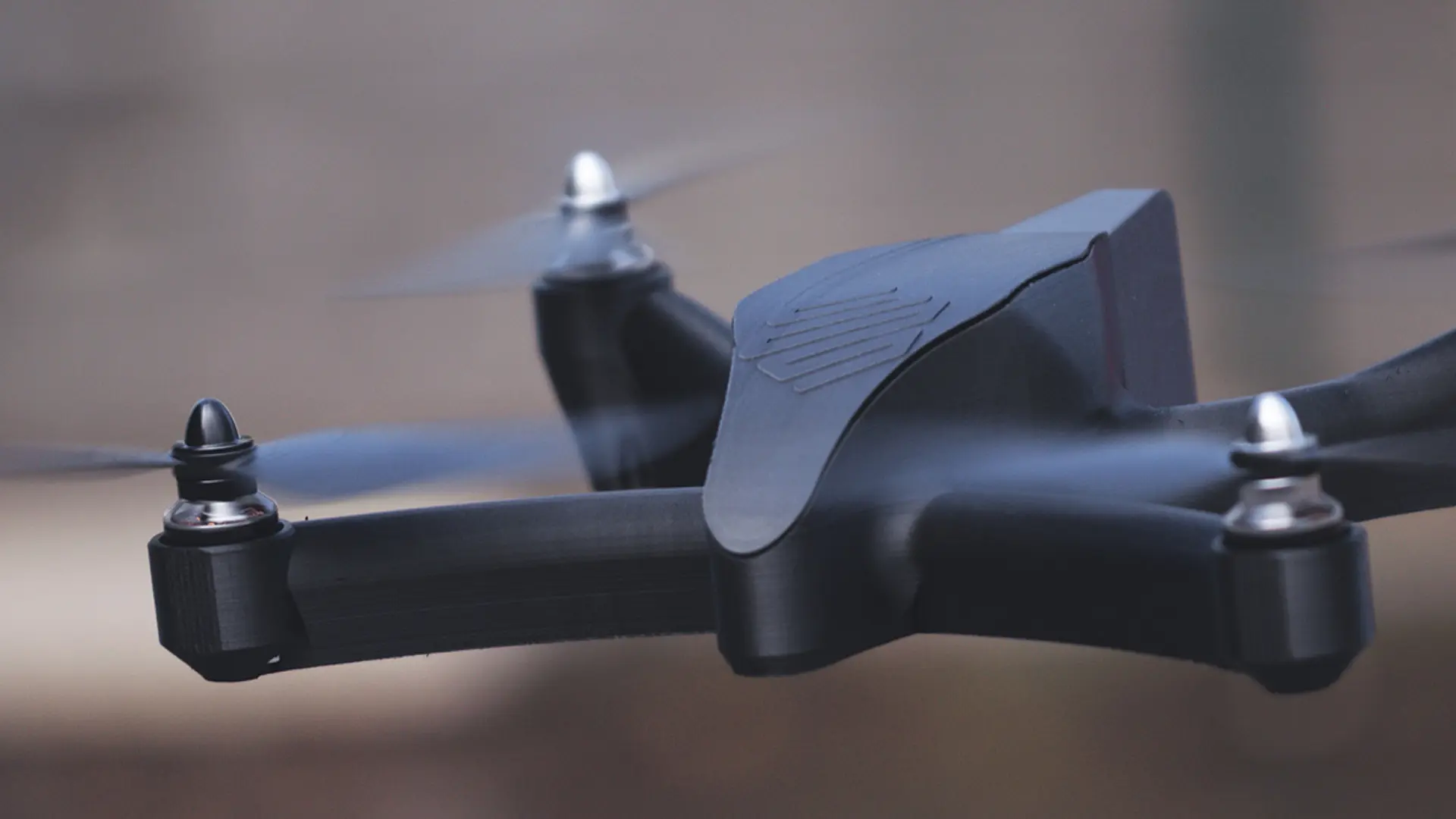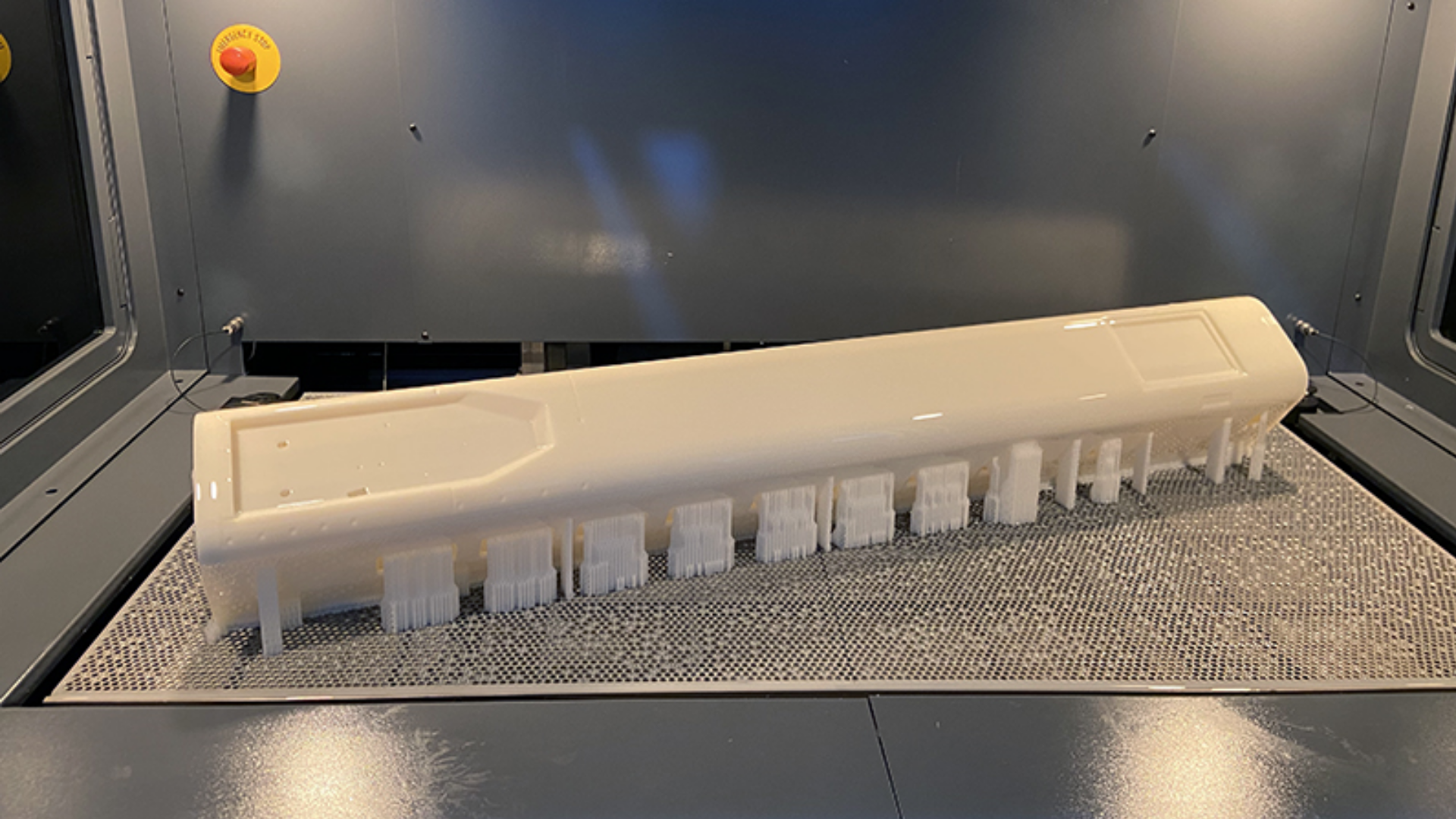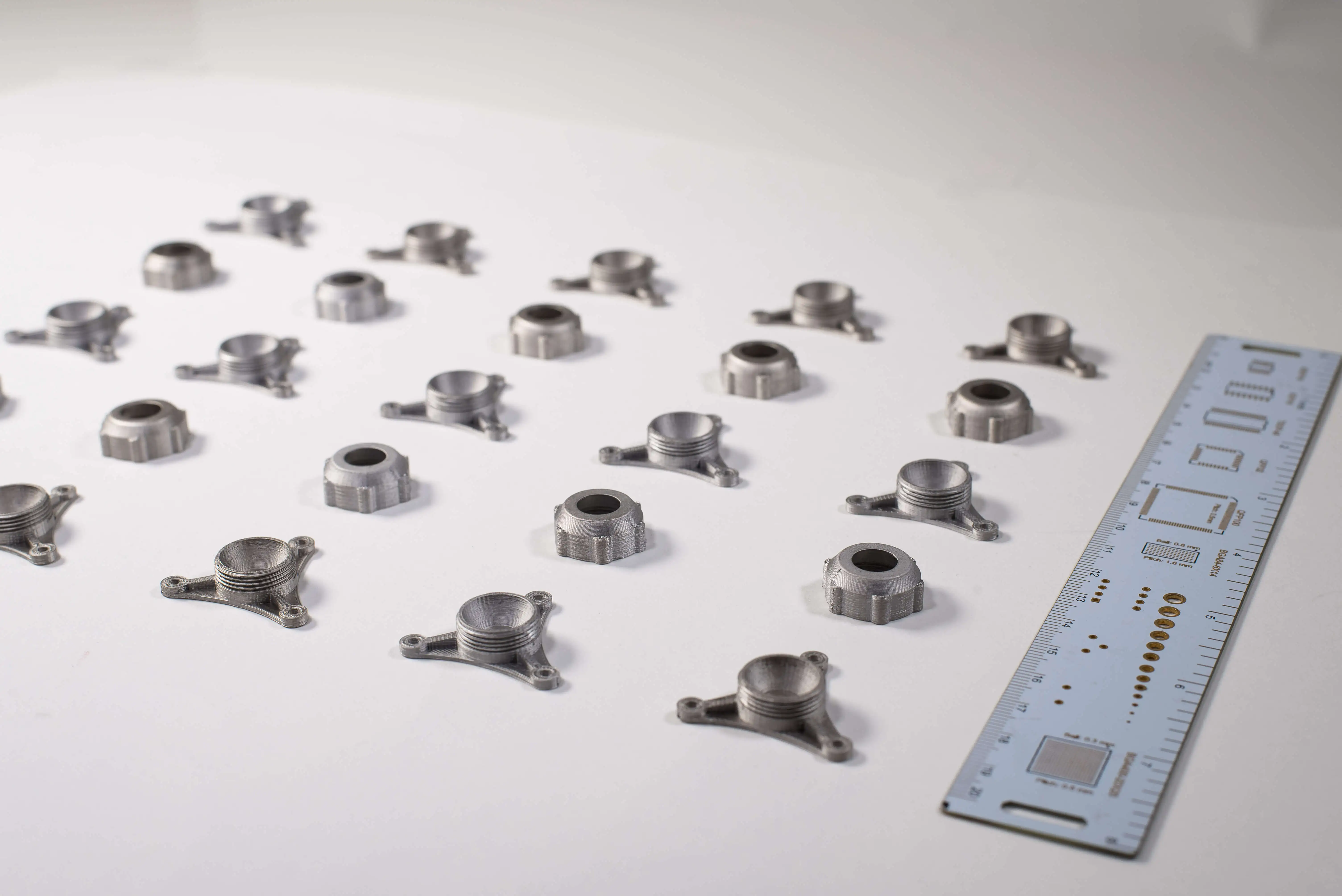The Power of Digital Manufacturing: Transitioning to Mass Production with 3D Printing;
Digital manufacturing technologies are transforming traditional production methods, offering significant advantages in speed, cost, and efficiency. 3D printing technology accelerates the transition from prototyping to mass production, revolutionizing the industry. In this article, we will explore 3D printing models, the use of 3D printers, 3D printed products, and the 3D printing order process in detail.
What is 3D Printing and How Does It Work?
3D printing is a technology that converts digital models into physical objects using the additive manufacturing method. This process works by adding material layer by layer and consists of the following fundamental steps:
- Digital Modeling: The object’s digital model is created using Computer-Aided Design (CAD) software.
- Slicing Process: The software divides the digital model into thin layers.
- Printing Process: The 3D printer builds the object layer by layer using the selected material.
Compared to traditional manufacturing methods, 3D printing saves both time and cost while enabling the production of complex geometries.
3D Printing Models and Application Areas
3D printing models vary depending on the production process. The most commonly used methods include:
- FDM (Fused Deposition Modeling): Uses plastic filaments melted and layered. It is widely used in prototyping and industrial production.
- SLA (Stereolithography): A resin-based method that produces high-resolution parts.
- SLS (Selective Laser Sintering): Works by melting powdered materials using a laser, ideal for durable and complex parts.
These methods offer innovative solutions in various industries, including automotive, aerospace, medical, and fashion.
Transitioning to Mass Production with 3D Printing Machines
Traditional manufacturing processes involve high costs due to mold production and material waste. 3D printing machines optimize production by offering the following advantages:
- Reduced Material Waste: The additive manufacturing method minimizes waste.
- Lower Production Costs: Direct manufacturing is possible without the need for molds.
- Rapid Prototyping: Accelerates product development and reduces time to market.
For small-scale manufacturers, 3D printing machines offer significant cost advantages compared to traditional methods.
Personalized Production with 3D Printed Products
Today, personalization plays a key role in meeting consumer demands. 3D printed products offer customizable designs based on individual needs.
Examples of 3D Printed Applications:
- Medical Products: Used for custom prosthetics and dental implants.
- Automotive Parts: Ideal for custom spare parts and accessories.
- Consumer Products: Easily used for phone cases, jewelry, and decorative objects.
Innovative companies like Prodigma provide unique and functional solutions, making a difference in the industry.
How Does the 3D Printing Order Process Work?
The 3D printing order process is quite simple and includes the following steps:
- Model Selection & Design: The user creates a print-ready digital model or selects an existing design.
- Material & Technology Selection: The most suitable printing method is chosen based on production needs.
- Pricing & Approval: Printing costs are calculated, and customer approval is obtained.
- Production & Delivery: The 3D printing process is completed, and the product is delivered to the customer.
Prodigma’s 3D printing services provide fast and high-quality solutions for both businesses and individual users.
Why is 3D Printing the Future of Manufacturing?
The increasing adoption of 3D printing technology is driven by several key factors:
- Sustainable Production: Leaves a smaller carbon footprint compared to traditional methods.
- Cost Advantage: Enables significant savings when transitioning to mass production.
- Rapid Adaptation: Reduces inventory costs by allowing production on demand.
This technology enhances flexibility in manufacturing and continues to revolutionize various industries.
Innovative and Custom 3D Printing Solutions with Prodigma
Prodigma’s 3D printing solutions offer services for a wide range of applications, from industrial production to individual design projects. By utilizing high-quality materials and advanced printing techniques, Prodigma provides tailored solutions for every project while ensuring cost and time efficiency.
You can partner with Prodigma to digitize your production processes and create added value.
The Power of 3D Printing in Industry
As one of the most critical tools in digital manufacturing, 3D printing offers significant advantages in speed, cost, and sustainability. The use of 3D printing machines enables both individual and corporate customers to produce personalized and cost-effective solutions.
If you want to benefit from the advantages of 3D printing, you can get high-quality services from Prodigma.
For more details, visit Prodigma’s contact page.
🚀 Step into the future of digital manufacturing and explore the limitless possibilities of 3D printing technology! 🚀


